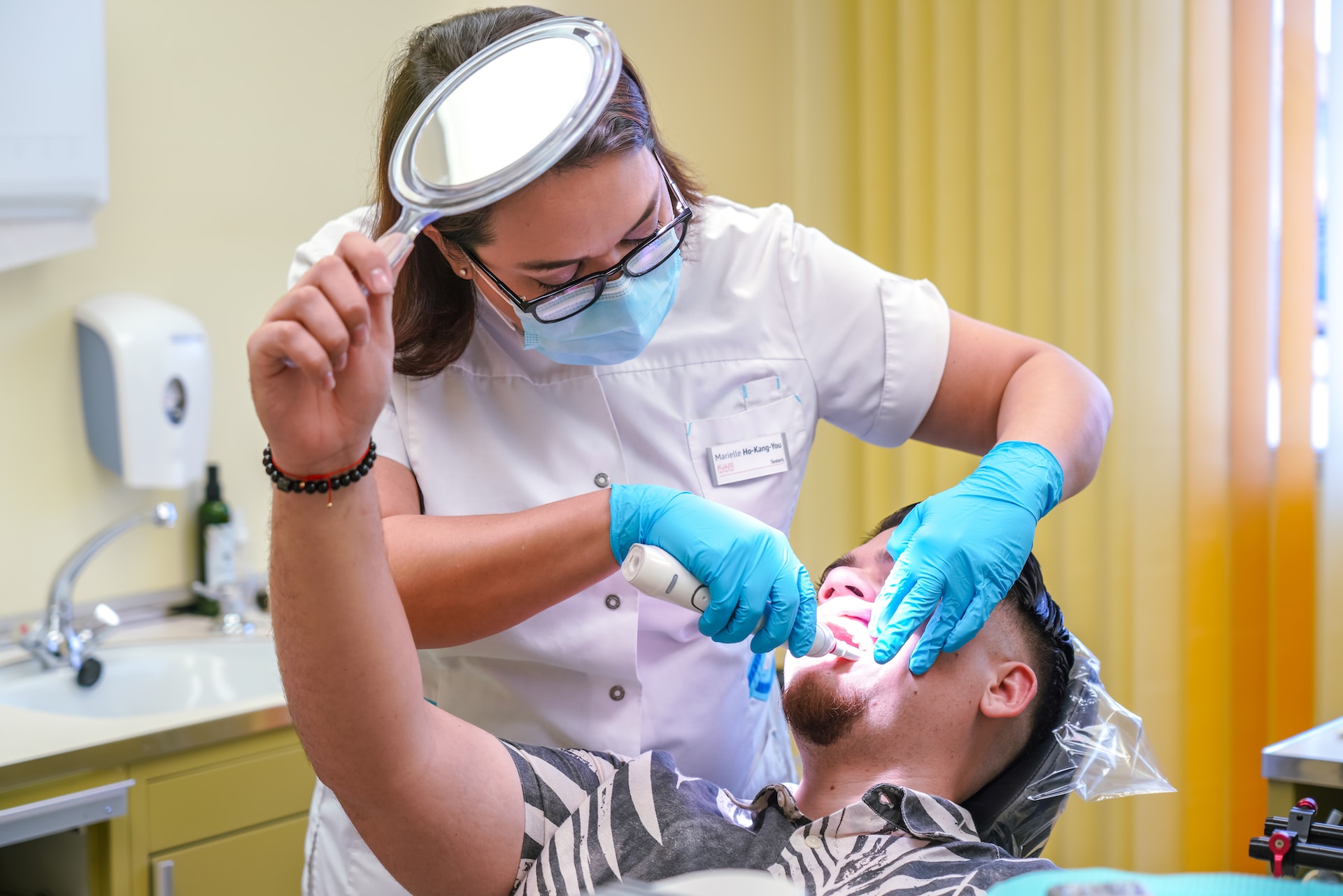The Impact of Dental Health on Employee Productivity
Research indicates that there is a strong correlation between poor oral health and various health issues, such as heart disease, diabetes, and osteoporosis. Incorporating dental health benefits into a company’s wellness program can enhance employee morale and productivity.
Contents
Increased Productivity
Small business dental plan coverage encourages employees to visit the dentist regularly, which helps keep their oral health in good shape. This, in turn, lowers overall medical costs. In addition, research has linked oral health issues such as gum disease to heart diseases, preterm low birth-weight babies and osteoporosis. Employees who are happy and healthy are more productive at work. They are also less likely to take time off due to sickness or dental problems. This can save a company in hiring and training costs. Providing dental benefits is a great way to show that employers value their employees. It also increases employee satisfaction, as they know their employer cares about their well-being. This, in turn, increases productivity at work and leads to a happier workplace environment. Moreover, providing dental benefits can help to curb turnover rates, as people who leave the job for reasons other than money are often difficult to replace. This can be expensive for a small business as it takes months to find the right candidate and get them up to speed.
Reduced Absenteeism
One study found that employees miss up to 45 billion dollars annually in lost productivity because of toothaches and other dental issues. This can be a huge hit to your company’s bottom line. However, the good news is that the problem can be reduced. Studies have shown that a strong oral hygiene routine — including brushing twice daily, limiting sugar intake and regular visits to the dentist — can significantly reduce absenteeism. Another way to reduce absenteeism is to provide easy access to affordable dental care through a company-sponsored plan or by bringing in onsite dentistry services. This makes it easier for employees to schedule appointments and avoid the need to take time off from work. It also allows employees to visit a dental practice close to their home or workplace, reducing travel costs and inconvenience. This is especially important for millennials, who tend to be more reluctant to take time off from work.
Increased Employee Satisfaction
Employee benefits are a crucial component of any organization’s compensation package. While some benefits like workers’ compensation and Social Security are mandatory for full-time employees, other benefits such as dental insurance and health benefits are optional but can be very helpful in attracting and retaining top talent. The most significant benefit of dental insurance is its ability to identify systemic health issues such as heart disease, diabetes, and cancer. Dental practices should prioritize employee retention to establish better relationships with their employees, understand their patient’s needs and preferences, and improve patient satisfaction and care outcomes while reducing costs. High turnover rates can result in expensive expenses associated with recruiting and training new employees; therefore, dental practices must prioritize employee retention.
Increased Job Satisfaction
Research has shown that oral health is closely linked to overall health. A person’s heart health can be negatively impacted by poor dental hygiene and gum disease, and studies have even shown that people with tooth decay or missing teeth have shrinkage in the hippocampus, an area of the brain responsible for memory. Dental professionals often work in a highly collaborative environment, forming deep patient connections. To cultivate these relationships, dental hygienists must focus on providing quality care by respecting the patient’s needs and preferences, establishing a rapport of trust, and encouraging preventive healthcare. Many small business owners need to pay more attention to providing their employees with a comprehensive dental insurance plan. However, if employee productivity is to be maximized, your business must ensure that your team has access to the proper oral healthcare. Luckily, several dental insurance options are available to help you keep your staff’s teeth healthy and their costs low. For instance, you can offer a preferred provider organization (PPO) or an individual dental plan. These dental plans can help you lower your costs by ensuring that employees visit their in-network providers for preventive visits, which allows them to avoid costly procedures.
Increased Productivity
Offering health and dental insurance as part of a benefits package is an effective way for companies to attract and retain employees. Recent research shows that employees consider healthcare benefits when accepting a job offer. Good dental hygiene is vital for employees to feel good about themselves and prevent various health problems. The link between oral and overall health is significant, especially for high-risk individuals. Poor oral health is associated with cardiovascular disease, diabetes, and respiratory illnesses. Stress is another important factor that contributes to oral health issues. It can cause teeth grinding (bruxism) and jaw clenching, which, over time, can wear down tooth enamel. Reducing employees’ stress levels and ensuring they get enough sleep is crucial. Providing onsite dental care is an easy way to motivate employees to maintain their health and productivity.

